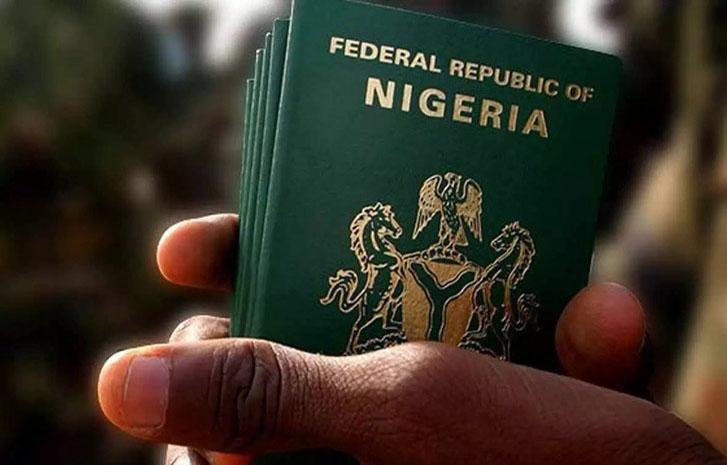DAILY TRUST
The Petroleum and Natural Gas Senior Staff Association of Nigeria (PENGASSAN) has confirmed the return of fuel subsidy under President Bola Tinubu.
President Bola Tinubu had announced the removal of fuel subsidy on his first day in office, leading to increase in fuel price from N197 to between N480 and N570, the pump price was subsequently reviewed upward to N620.
However, there were reports that the price would go up as a result of fluctuation in the global oil market.
There were reports that the federal government intervened to prevent further rise in pump price, but the government denied this.
However, Daily Trust subsequently found documents which showed that despite the numerous assurances by Tinubu that subsidy was gone, the federal government paid N169.4 billion as subsidy in August to keep the pump price at N620 per litre.
A document by the Federal Account Allocation Committee (FAAC), sighted by our reporter, showed that in August 2023, the Nigerian Liquefied Natural Gas (NLNG) paid $275m as dividends to Nigeria via NNPC Limited. NNPC Limited used $220m (N169.4 billion at N770/$) out of the $275m to pay for the PMS subsidy. Then NNPC held back $55m, illegally.
The government neither confirmed nor denied the story.
Speaking on Channels Television’s Politics Today, Festus Osifo, National President of PENGASSAN, said due to the cost of crude oil in the international market and the exchange rate, the government still pays subsidies on petrol.
“They [government] are paying subsidy today. In reality today, there is subsidy because as of when the earlier price was determined, the price of crude in the international market was somewhere around $80 for a barrel. But today, it has moved to about $93/94 per barrel for Brent crude. So, because it has moved, then the price [of petroleum] also needed to move,” he said.
He said before the government can stop subsidising petroleum, two things must happen.
“The only reason the price will not move is when you are able to manage your exchange rate effectively and you are able to pump in supply and bring down the exchange rate.
READ THE FULL STORY IN DAILY TRUST



Connect with us on our socials: